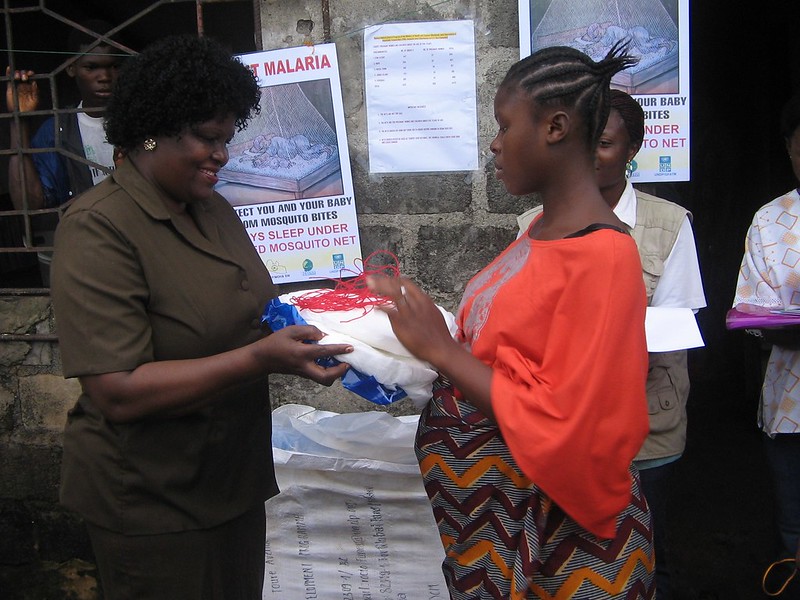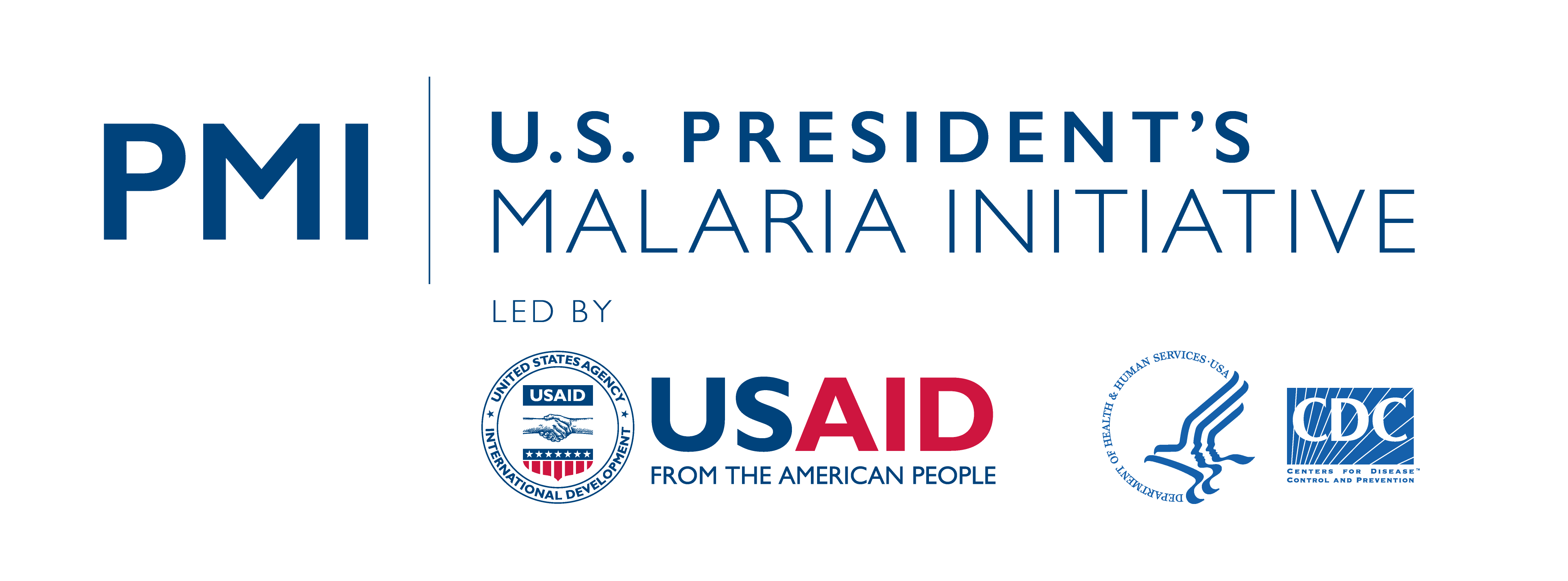Key Action 3: Support Pregnant Women to Attend Antenatal Care Visits and Receive an Insecticide-Treated Net (ITN) and Intermittent Preventive Treatment in Pregnancy (IPTp) Medication

Malaria is especially dangerous for pregnant women and the babies they carry. Pregnant women are more at risk of getting malaria themselves. Malaria also increases the risk of miscarriage, stillbirth, premature delivery, and low birth weight for the baby, a leading cause of child mortality. To help prevent these types of complications, pregnant women should attend antenatal care visits early and often during pregnancy. At their first visit in most places, women should receive an insecticide-treated net. If your community has moderate to high malaria transmission, pregnant women may also receive multiple doses of preventive antimalarial medicine, spaced at least one month apart. This is called intermittent preventive treatment in pregnancy (or IPTp for short).
Support pregnant women to visit the doctor for antenatal care visits early and often during their pregnancy. Encourage husbands and families to support pregnant women going to antenatal care visits early and taking intermittent preventive treatment in pregnancy, if recommended in their area.
- All pregnant women should attend antenatal care visits early and often, starting as soon as they suspect they are pregnant.
- During antenatal care visits, pregnant women should receive an insecticide-treated net and preventive antimalarial medications (intermittent preventive treatment in pregnancy with sulfadoxine-pyrimethamine [IPTp-SP]).
- Antenatal care visits are important for checking for any pregnancy complications for mothers and their unborn babies.
- Malaria can have serious effects or kill the mother or unborn baby.
- Intermittent preventive treatment of malaria in pregnancy protects pregnant women and their unborn children from malaria.
- Antimalarial medication can be taken with or without food and is helpful, not harmful, for the mother and unborn baby.


